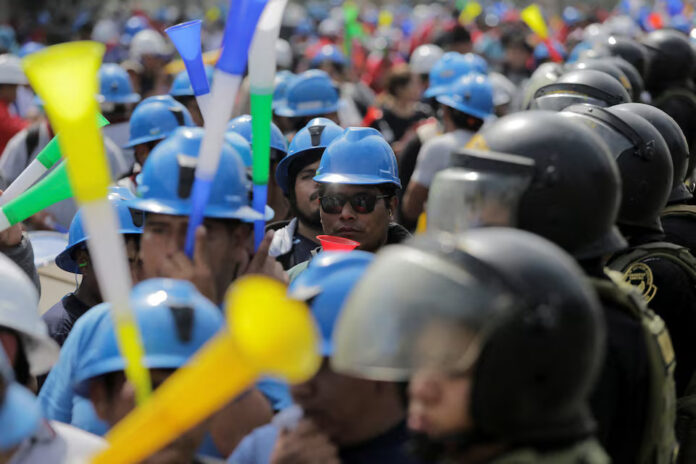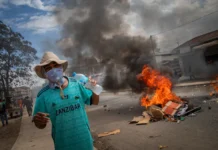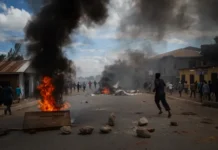
Thousands of informal miners in Peru have suspended negotiations with the government and are threatening to resume disruptive protests over unresolved disagreements surrounding a controversial formalization process.
Maximo Franco Bequer, leader of the CONFEMIN miners’ union, said Friday that talks broke down after the government refused to extend an August 17 deadline requiring miners to relocate explosives into formal storage facilities, known as “powder magazines.”
Franco warned that nearly 20,000 miners in the Cusco region face exclusion from the government’s formalization program if they fail to meet the deadline. “The government’s refusal to accommodate this reality will push thousands of workers into illegality and poverty,” he said.
The miners had paused a two-week protest on July 15 that disrupted a vital copper corridor used by major international mining companies including MMG, Glencore, and Hudbay. The route is key to transporting copper from the mineral-rich Andean highlands to export terminals.
Peru’s informal miners have operated under temporary permits as part of a government program launched more than a decade ago. Authorities now aim to tighten regulations and phase out informal operations. However, miners argue the requirements are overly burdensome, leaving them unable to transition to legal status and stripping them of livelihoods.
Union leaders said they would meet in the coming hours to decide whether to restart protests, which could once again impact copper exports, a major source of Peru’s revenue.
The dispute highlights the deep tension between the government’s drive for regulatory compliance and the precarious reality of tens of thousands of workers in Peru’s informal mining sector, many of whom lack the resources to meet stringent new legal requirements.
Written By Rodney Mbua


















